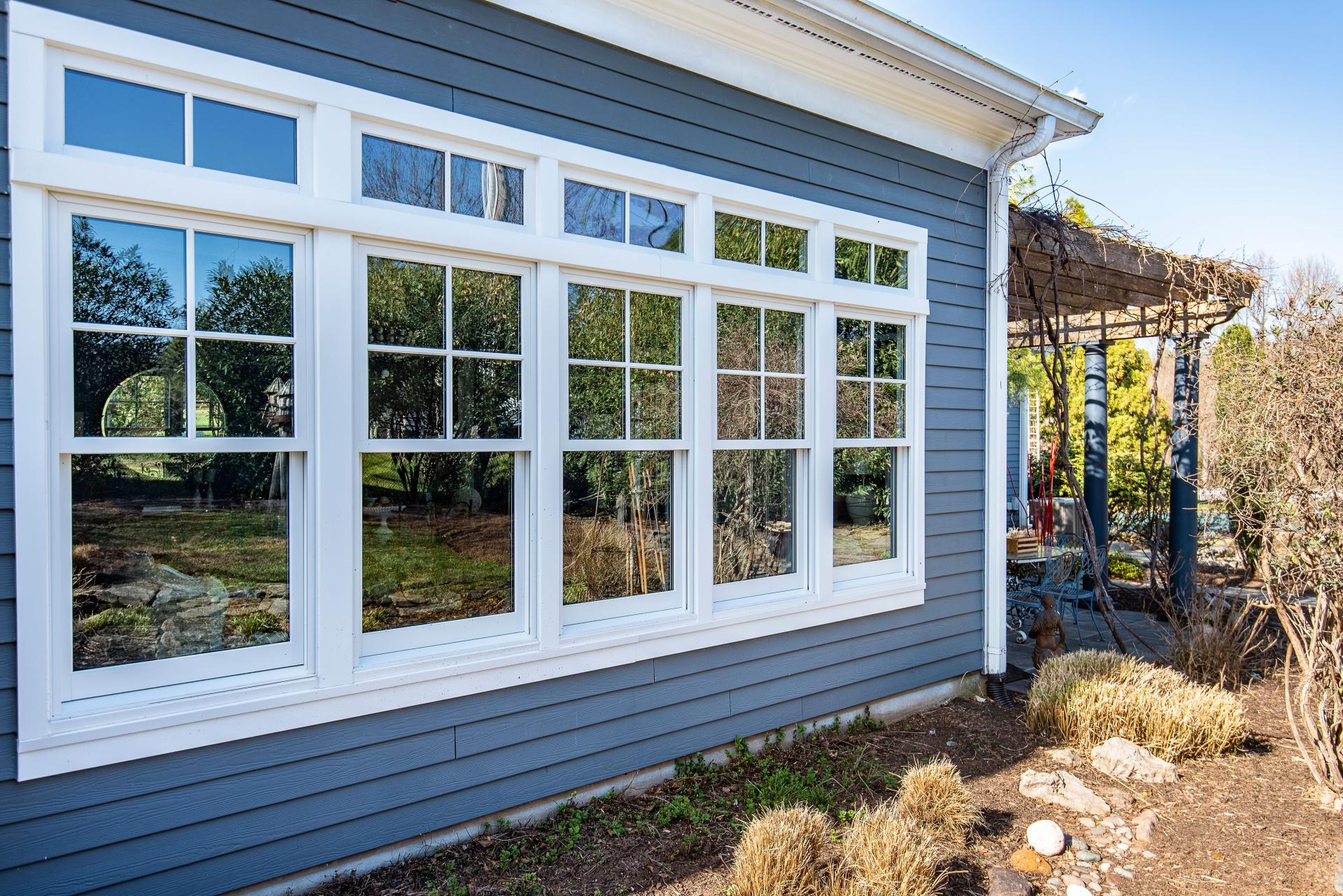Every year, window technology continues to change and advance to become more energy efficient. The U.S. Environmental Protection Agency's (EPA) program ENERGY STAR is tightening their energy efficiency standards later this year. For now, the EPA is extending their criteria from 2022 into 2023 for most categories, including windows.
Energy efficiency for windows is determined by the glass' ability to filter out ultraviolet light and mitigate temperatures inside the home. This helps residents save on heating and cooling costs, and improve their overall day-to-day comfort. Not every window is designed with energy efficiency in mind. Those that meet the ENERGY STAR standard include insulated glass units, a configuration of multiple layers of glass separated by spacers and gas, all of which are sealed into a window frame.
The insular design helps prevent heat and cold from infiltrating the home. Insulated glass has been called double-pane or double-glazed glass, though today there are options for triple or quadruple-paned glass too. The gasses used within these units often include argon, which manipulates heat conductivity in the air.
With this information in mind, there are various different glass types to choose from, but which are best suited for your home? We can help you decide.
Low-E Windows
Low-E windows or low emissivity windows allow natural sunlight to enter the home while reducing the heat being transferred inside. They also reflect cooler temperatures from within the home, thereby keeping the space at a stable temperature. This type of glass is coated in metallic oxide and most often clear in color.
Emissivity measures the ability of a material to give off heat energy in comparison to a similar, but unaffected material of the same size and temperature.
Pros:
- reduces heat during warm weather
- retains warmth during cold weather
- decreases number of UV rays
- resistant to damages from excess condensation
- reduces home energy costs
Cons:
- may have a tinted color
- slightly decreases overall light entering the home
- pricier than standard glass windows
- melts vinyl siding
There are also other variations of low-E windows to consider.
Low-E2 Windows
Unlike the previous Low-E windows, this type receives two coats of metal on the glass, not just one. Otherwise, they serve the same purpose, just with greater efficiency.
Pros:
- greater reflective surface than Low-E windows
- reduces heat during warm weather
- retains warmth during cold weather
- decreases number of UV rays
- resistant to damages from excess condensation
- reduces home energy costs
Cons:
- pricier than previous Low-E windows
- slight and unavoidable gas leakage
- may have a tinted color
- slightly decreases overall light entering the home
- melts vinyl siding
Low-E3 Windows
This variation of Low-E windows offers the greatest utility with three layers of metallic coating. That equals to greater reduction of heat being transferred inside, and greater reflecting of cooler temperatures from within the home.
Pros:
- greater reflective surface than previous Low-E windows
- reduces heat during warm weather
- retains warmth during cold weather
- decreases number of UV rays
- resistant to damages from excess condensation
- reduces home energy costs
Cons:
- pricier than previous Low-E windows
- may have a tinted color
- slightly decreases overall light entering the home
- melts vinyl siding
Low-E4 Windows
Low-E4 windows are a nondescript term that means something different to each manufacturer. Sometimes this type includes a self-cleaning coat of metal, and other times not. Contact the manufacturer and request a performance chart for this type and all others to check for efficiency and specific traits.
Argon Gas Windows
Insulated glass units make use of differing types of gas, one of which includes the element argon. Argon gas windows are set apart from other gas windows based on their heat conductivity. Their composition helps windows reduce the formation of frost and condensation, decrease any potential heat loss from the window, and is useful for soundproofing.
Pros:
- reduces frost and condensation
- decreases heat loss
- adds soundproofing
Cons:
- pricier than standard glass windows
- melts vinyl siding
Buy Your Windows From Hodges
Settling on which window to buy often falls down to your budget and where you live. If you're still uncertain then rest assured, our team can help you determine which type of window works best for your home! Contact us today for a free virtual or in-home estimate.



